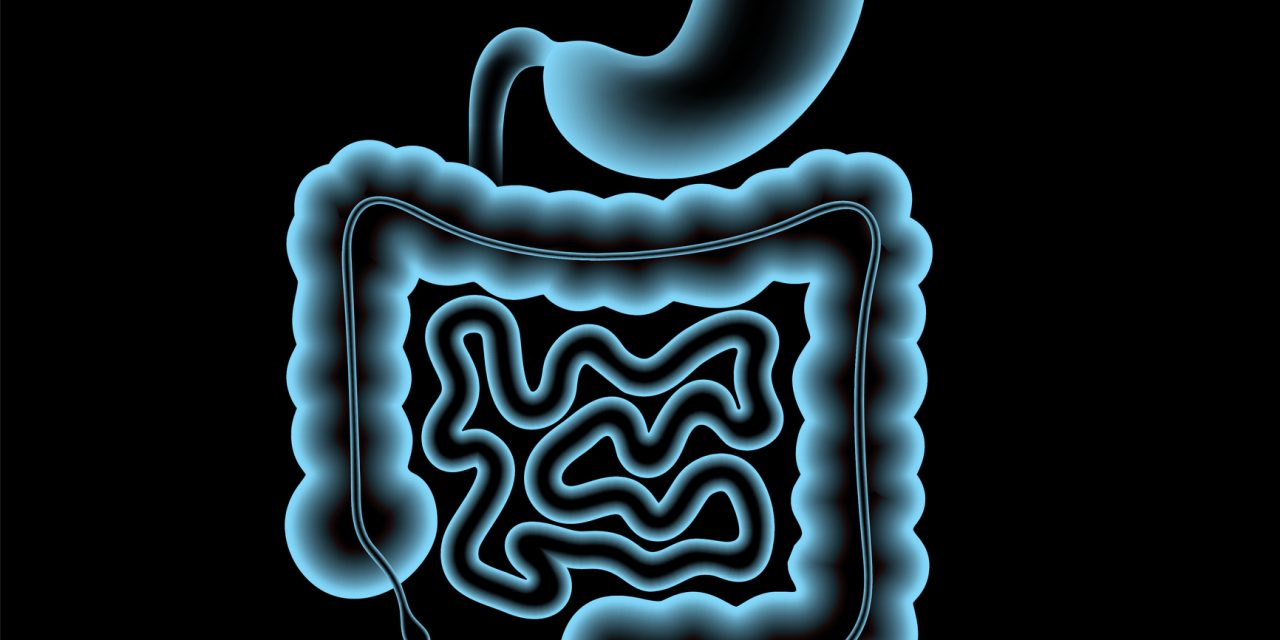The goal of this study was to determine the effectiveness and safety of sodium benzoate in the treatment of hyperammonemia and hepatic encephalopathy (HE) in patients with decompensated chronic liver disease. From August 2017 to December 2018, it was a prospective, interventional, double-blind randomised controlled study. The research comprised children with decompensated chronic liver disease and hyperammonemia. Those with ammonia levels more than 400 g/dL, who were already taking sodium benzoate, or who had grade III ascites were eliminated. Group A got sodium benzoate in addition to regular medical treatment. Group B was given regular medical treatment along with a placebo. There were a total of 108 occurrences of hyperammonemia in 86 individuals, 16 of whom were eliminated. In total, 46 episodes from each group were included in the final analysis. The median reduction in ammonia from baseline to day 5 in group A was 52 g/dL versus 42 g/dL in group B. On days 1 and 2, there was a substantial drop in ammonia in group A compared to group B, but not on following days. There was no significant difference in HE resolution, although group A had a larger, albeit minor, rise in ascites.
The addition of sodium benzoate considerably lowered ammonia levels during the first two days of therapy, but the benefit did not last until day five. If greater doses of sodium benzoate could be administered while benzoate levels were monitored, the impact would most likely be longer persistent. There was no influence on HE resolution. Sodium benzoate increased the number of adverse events while having no influence on short-term survival.


